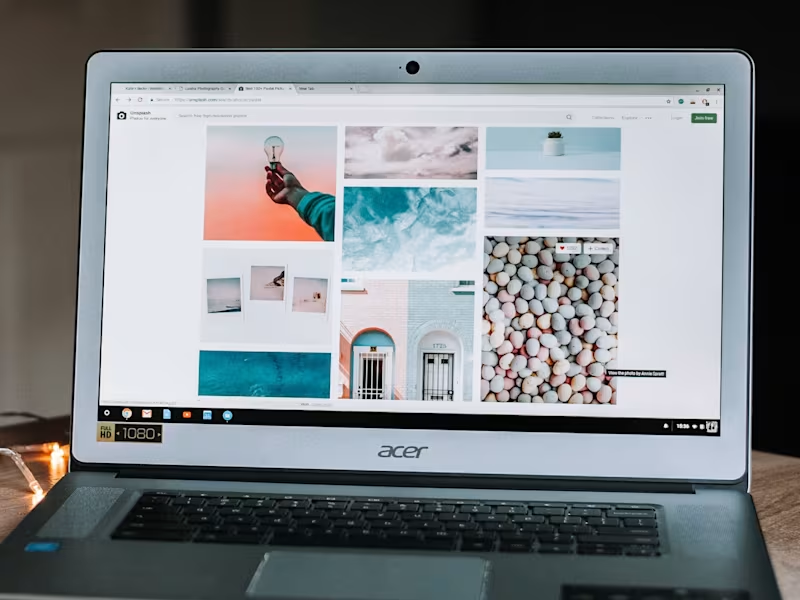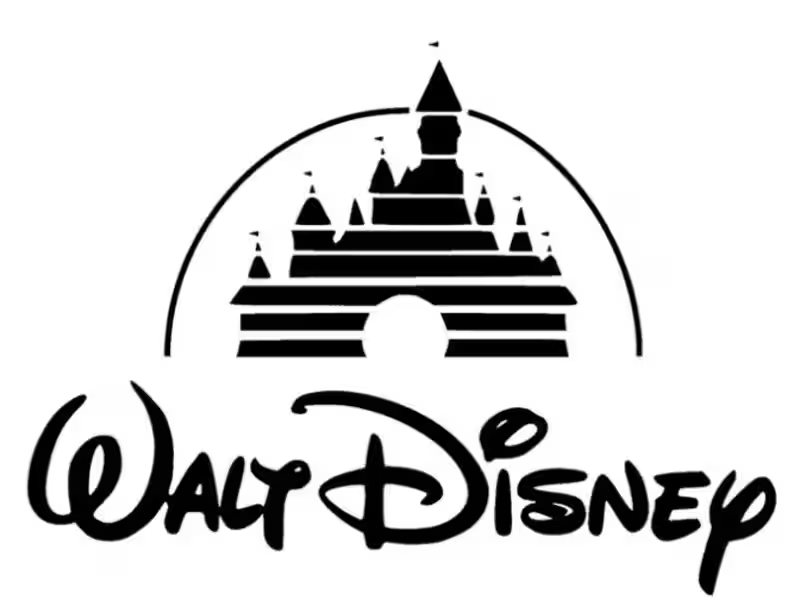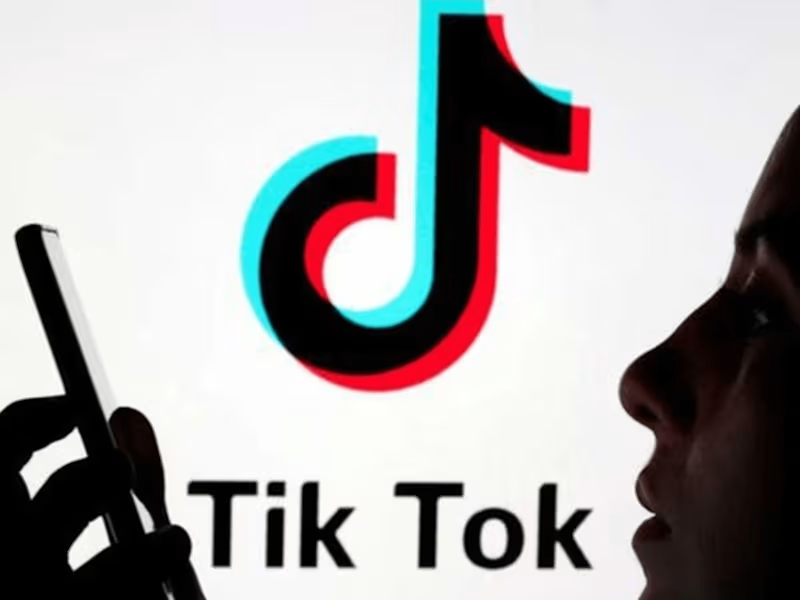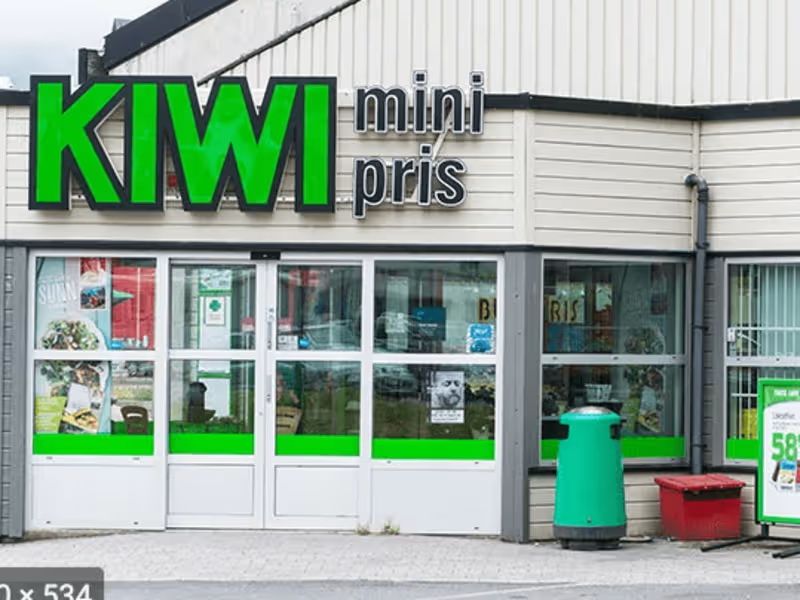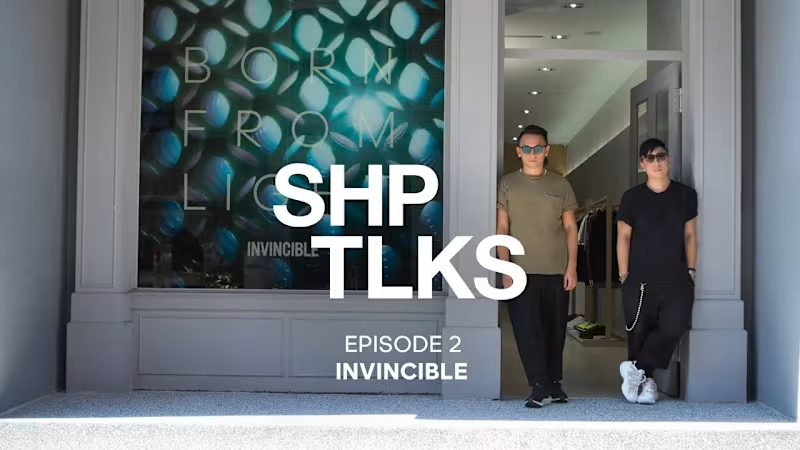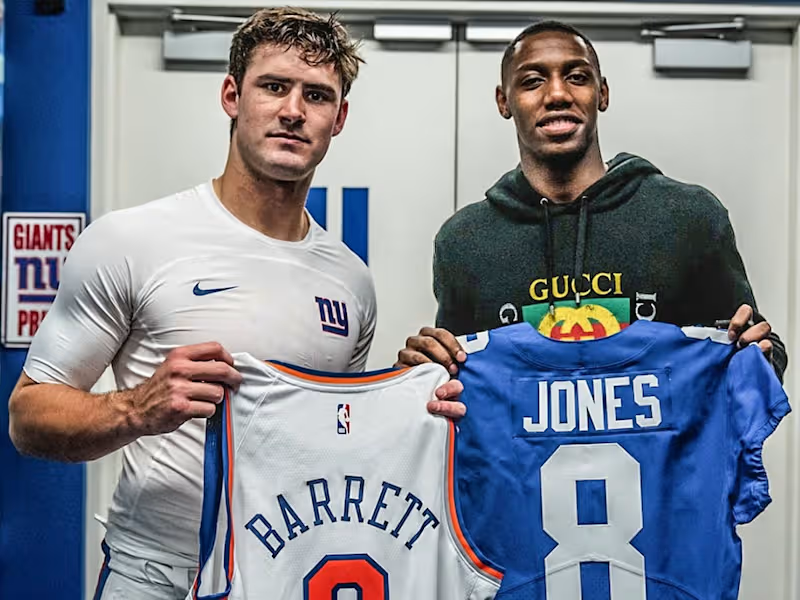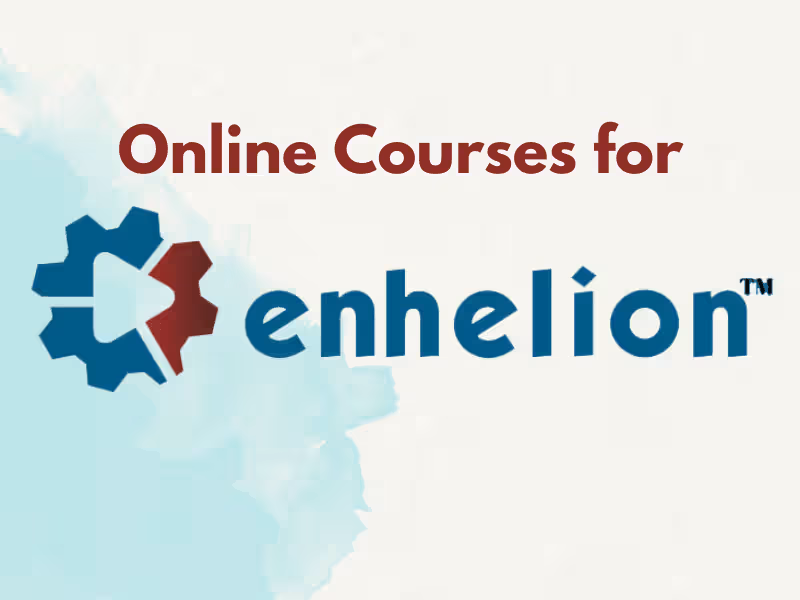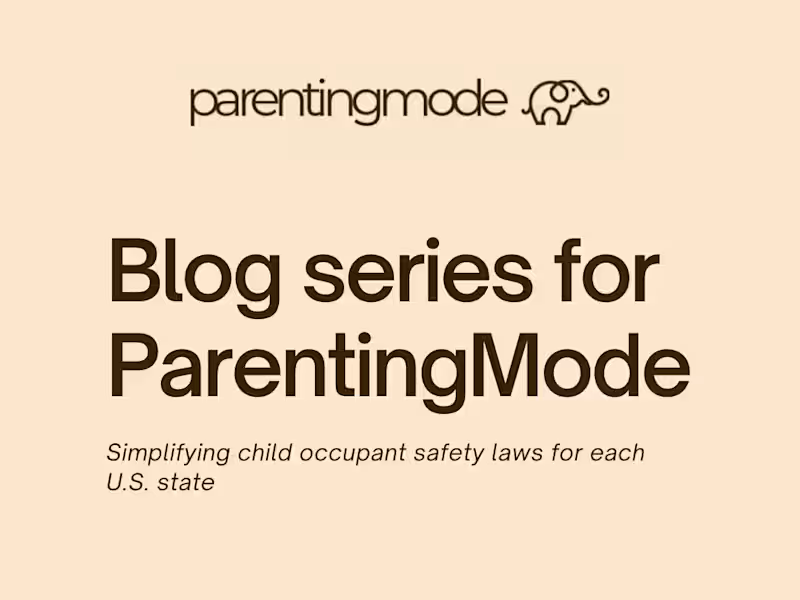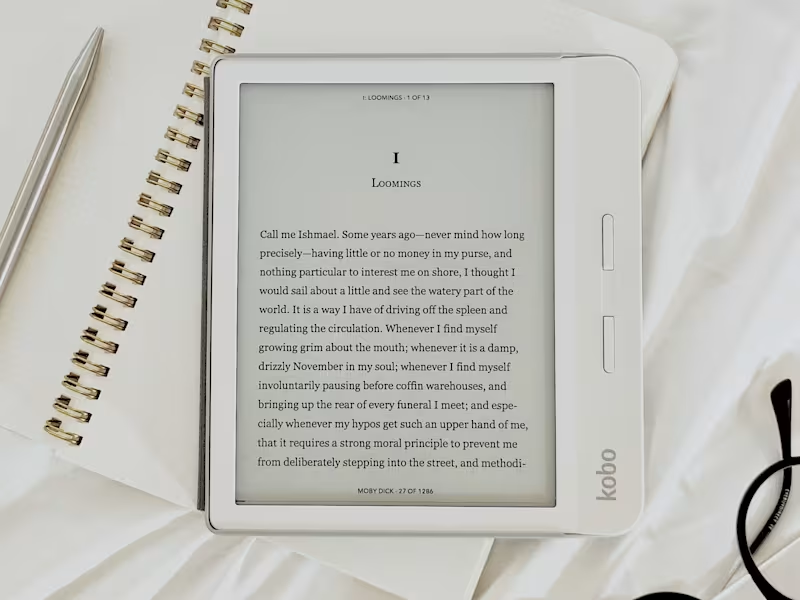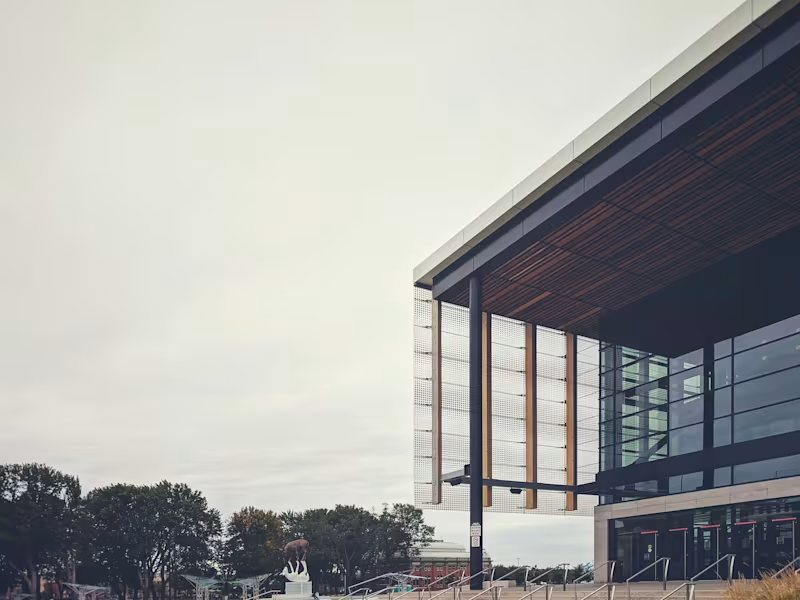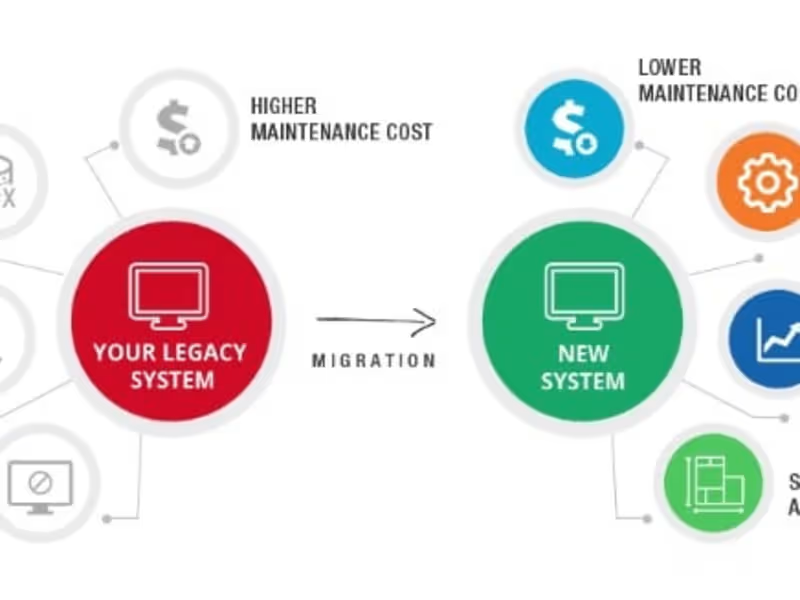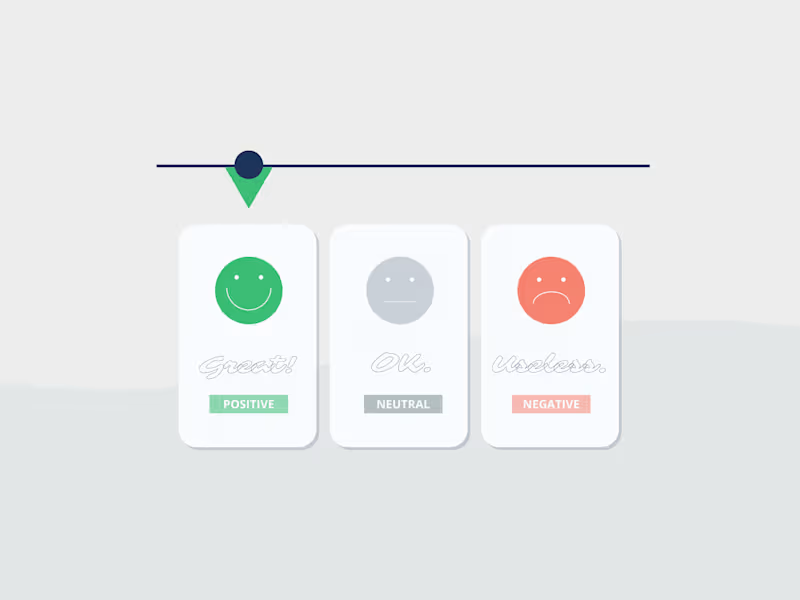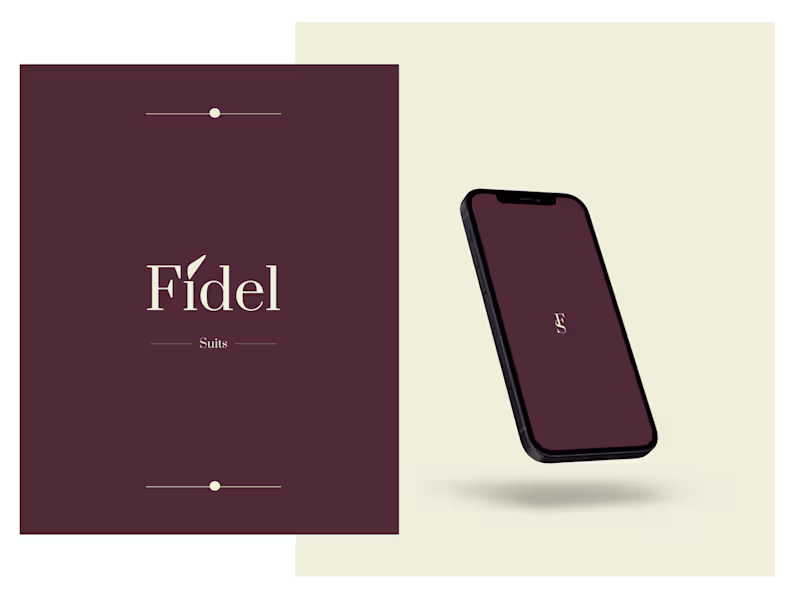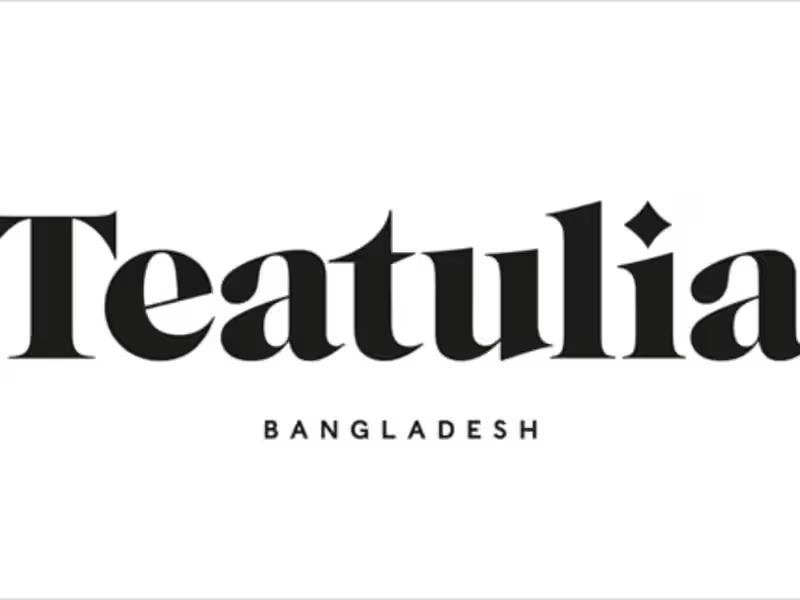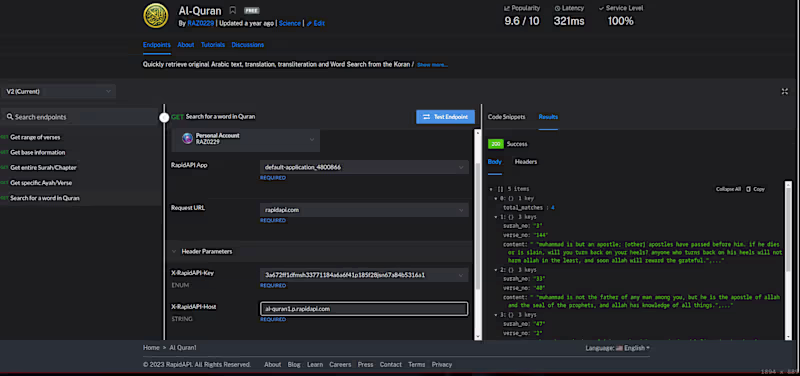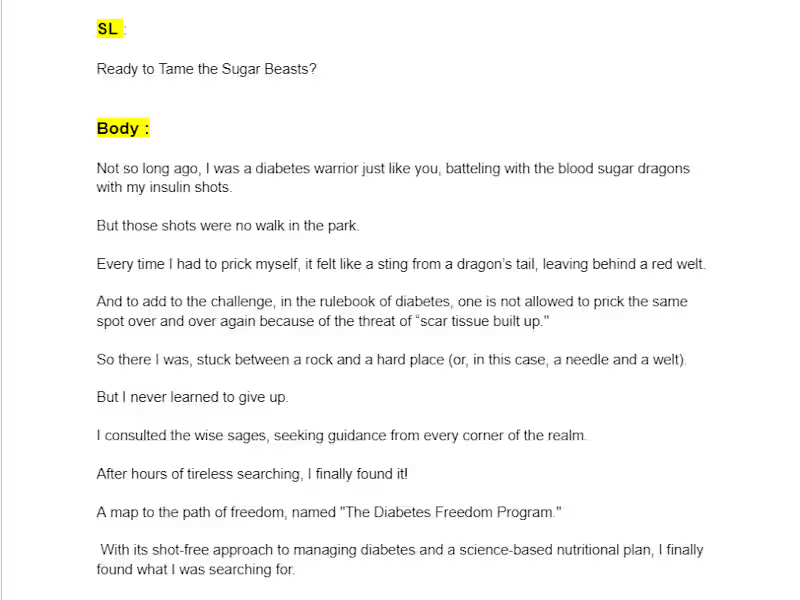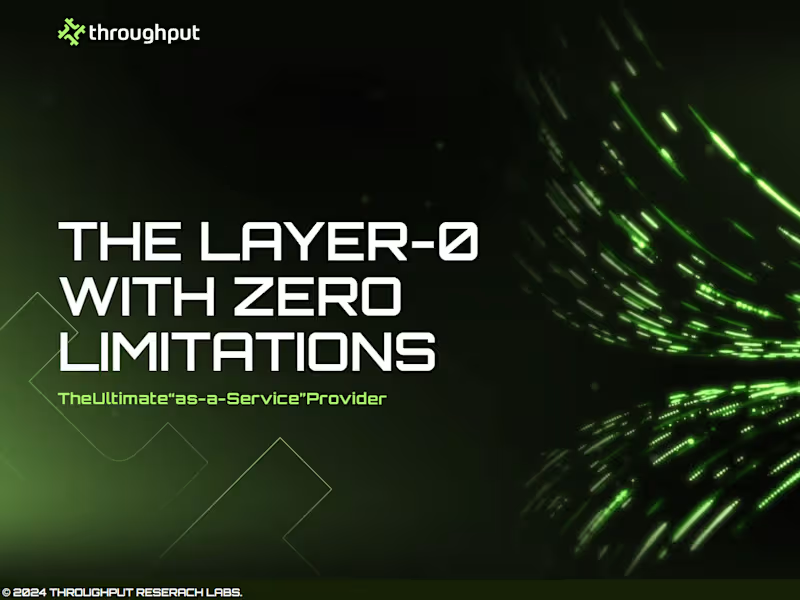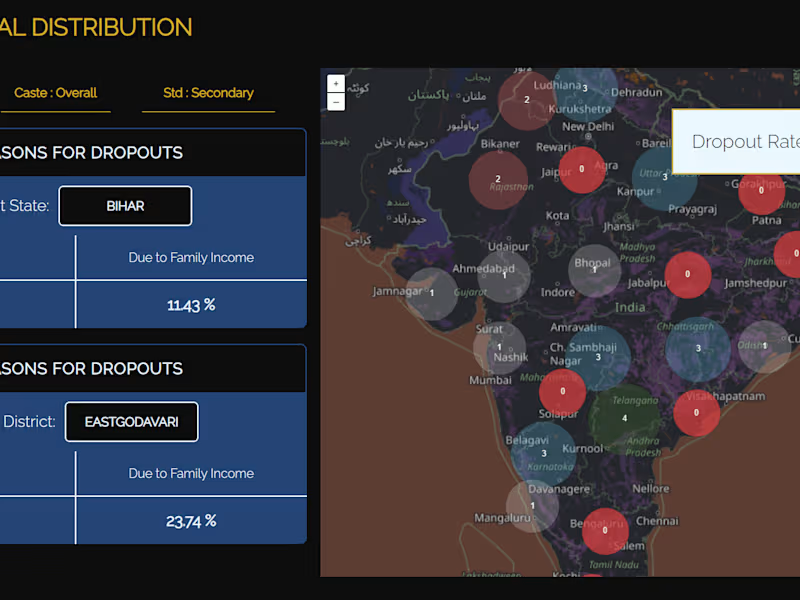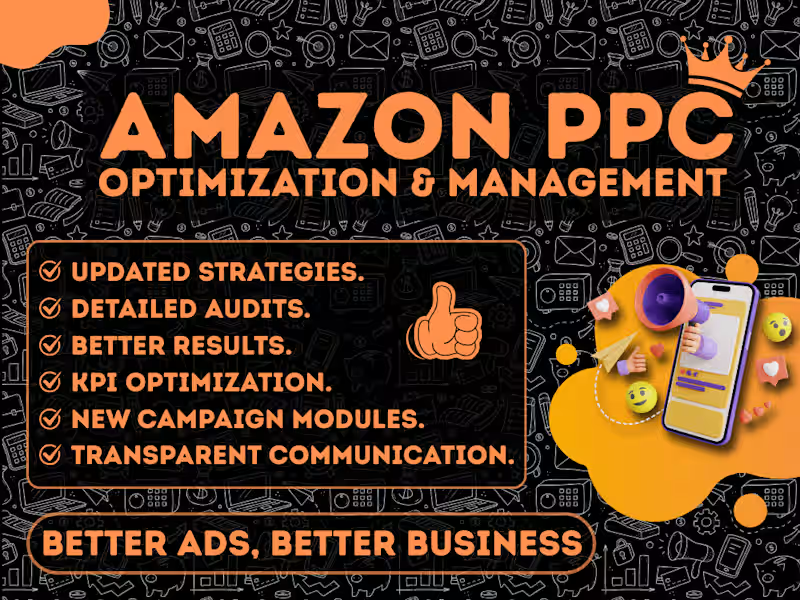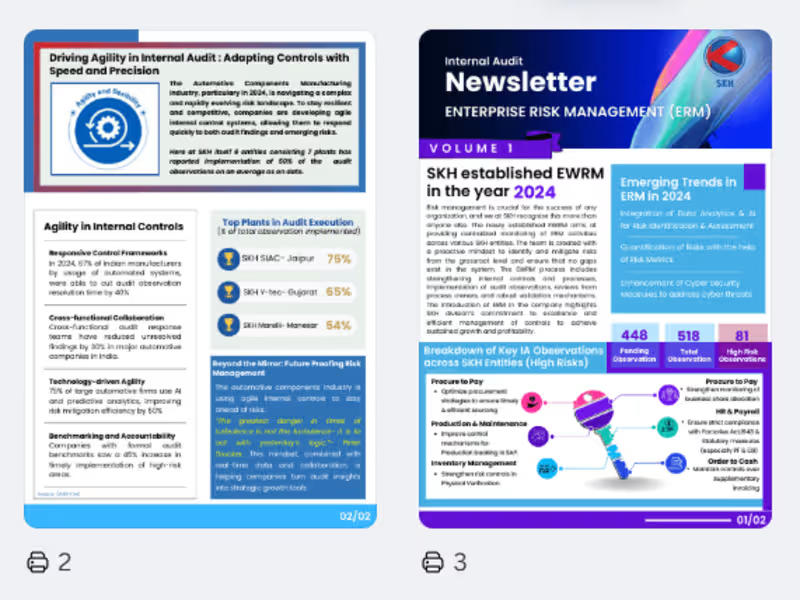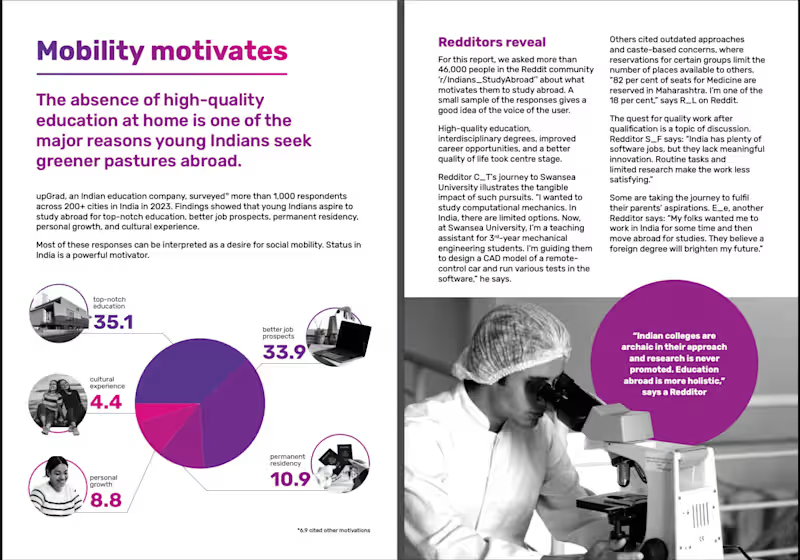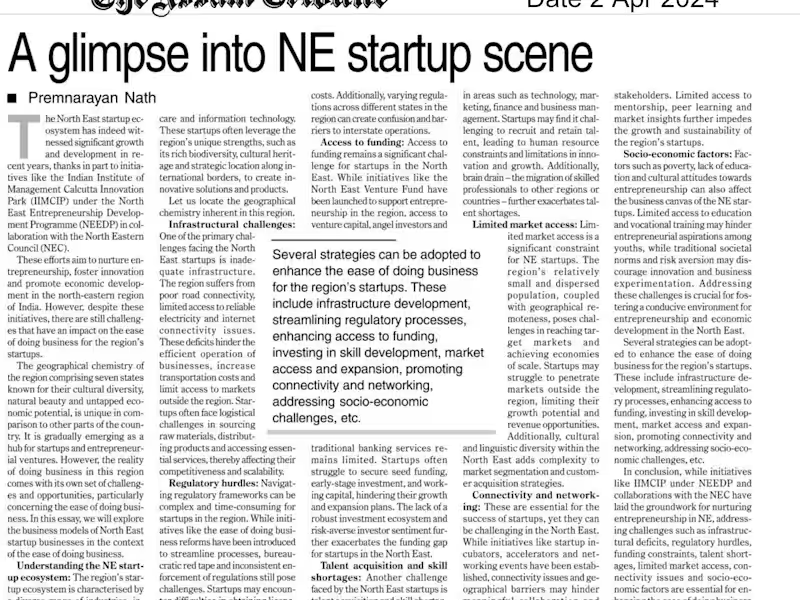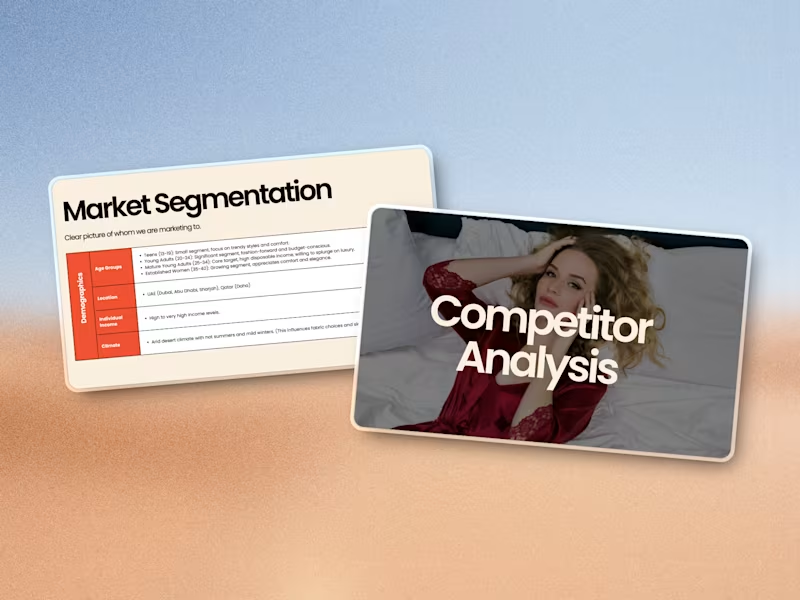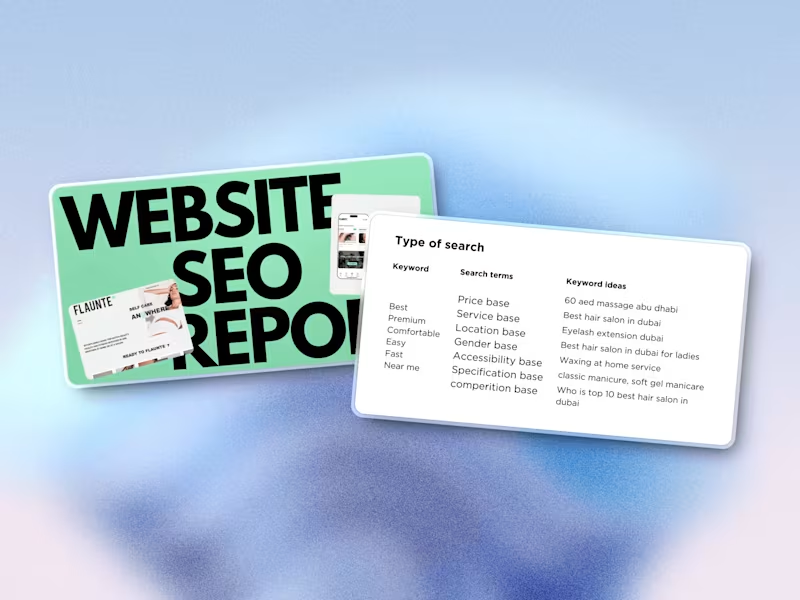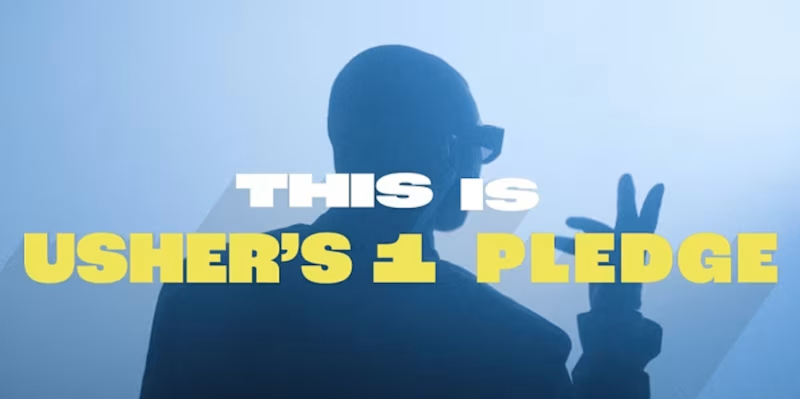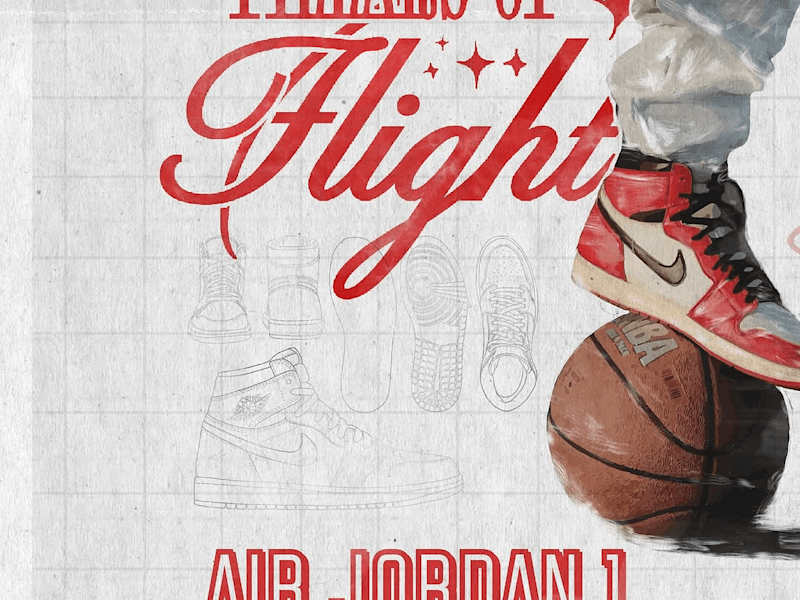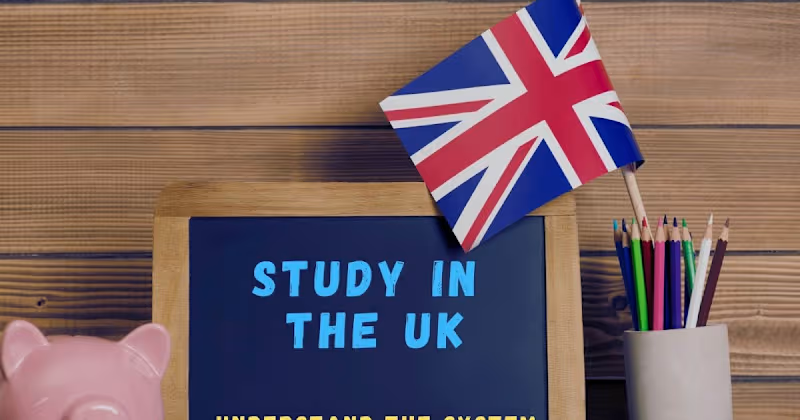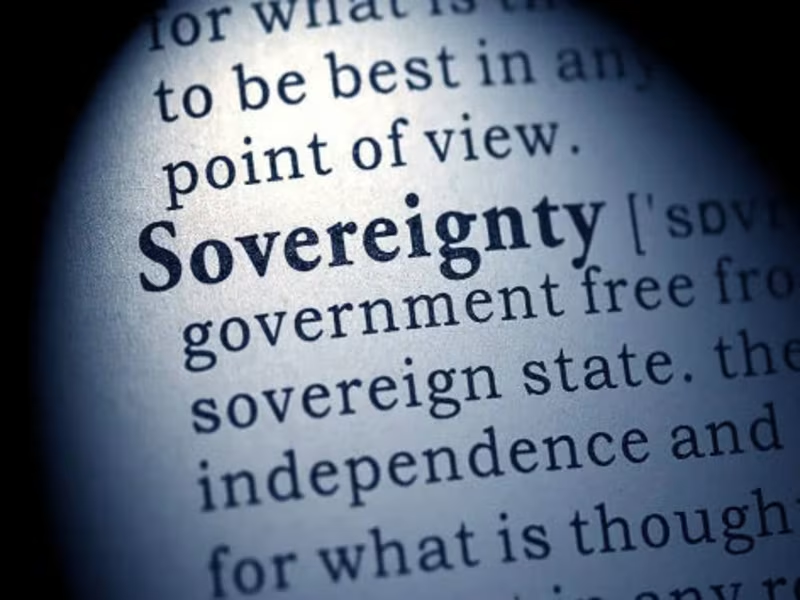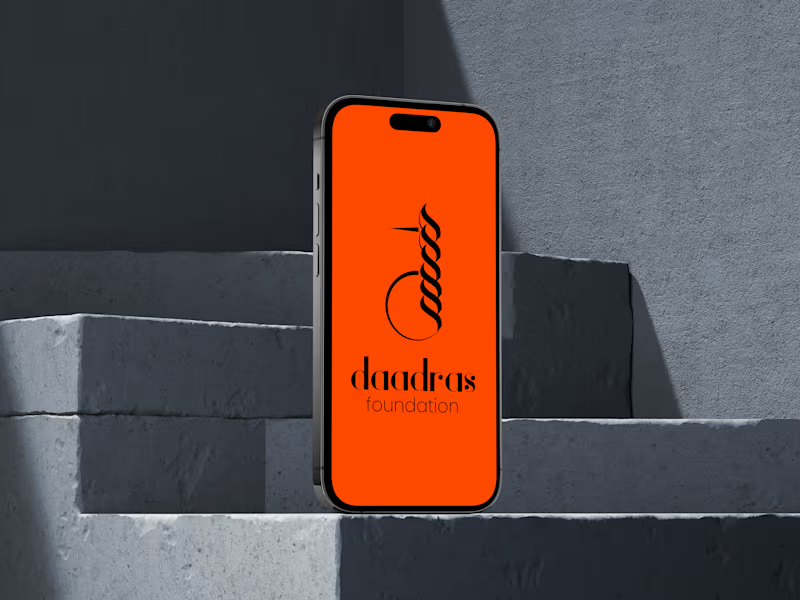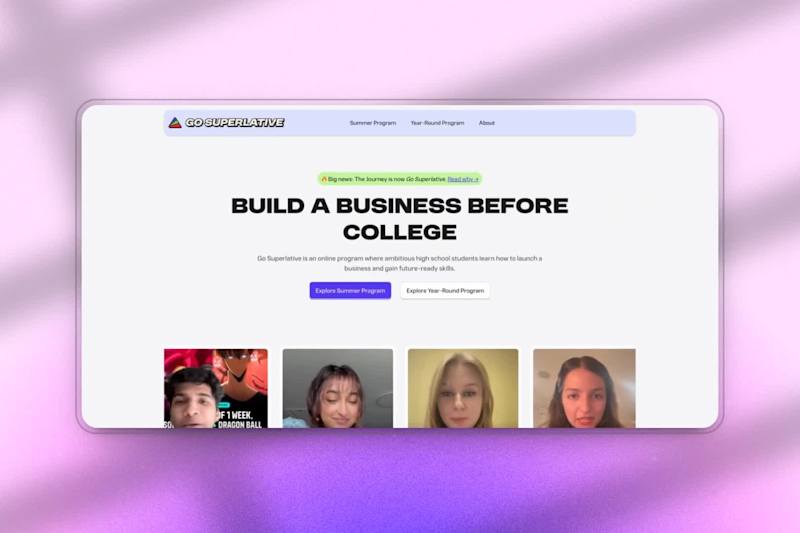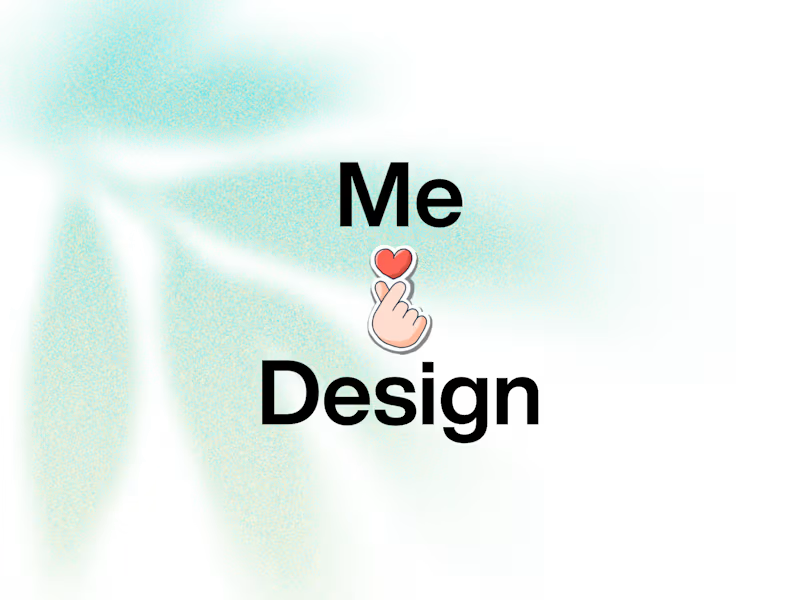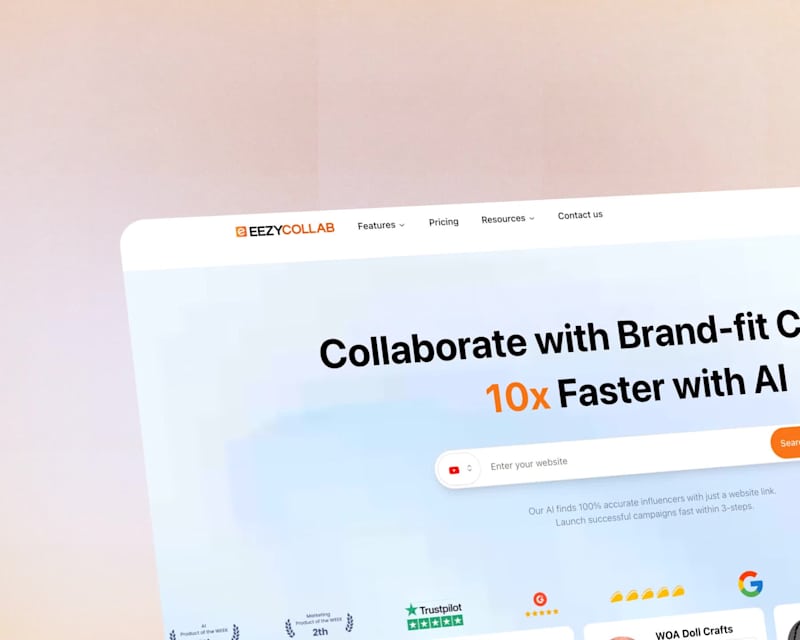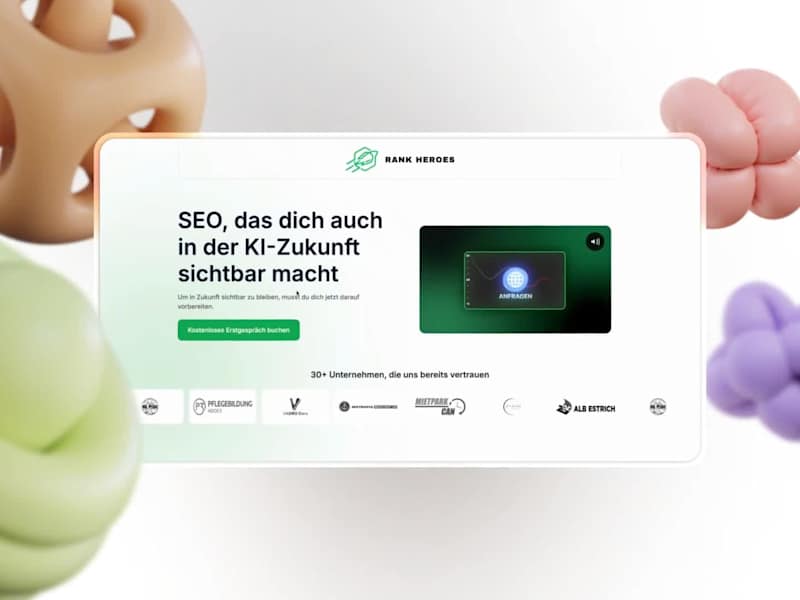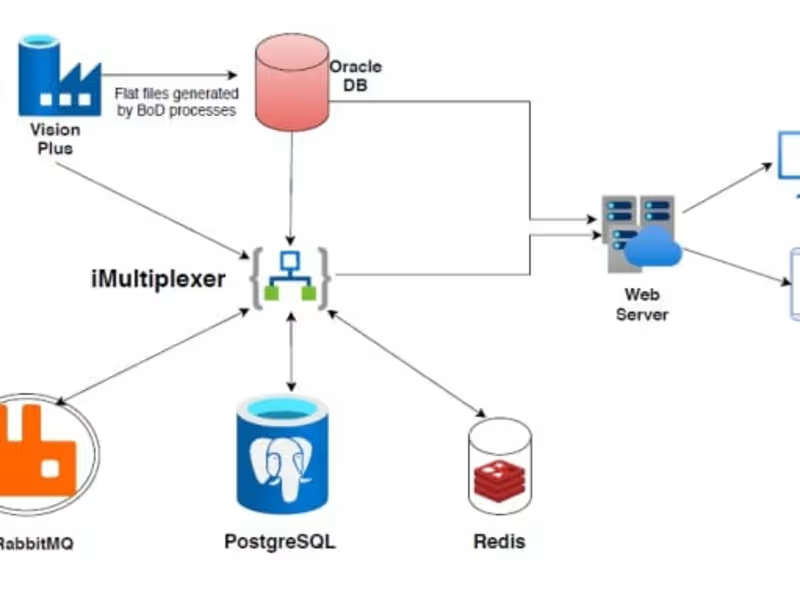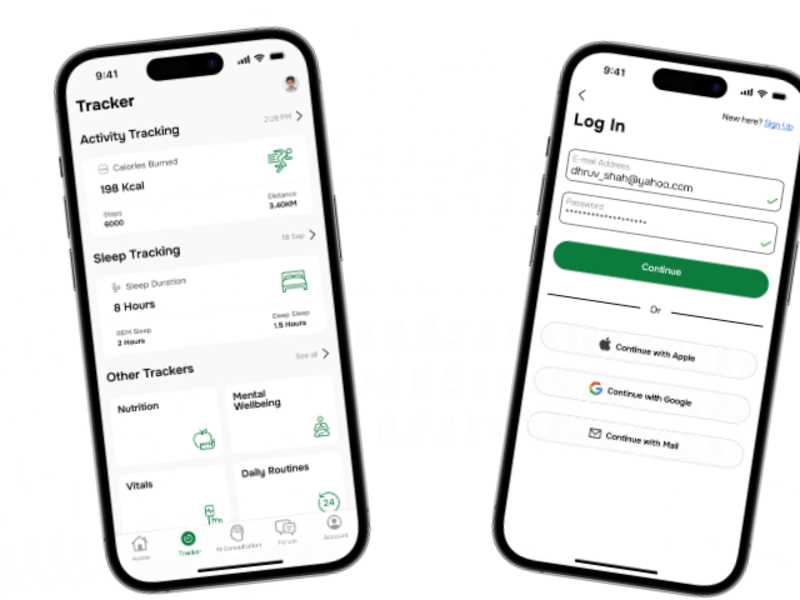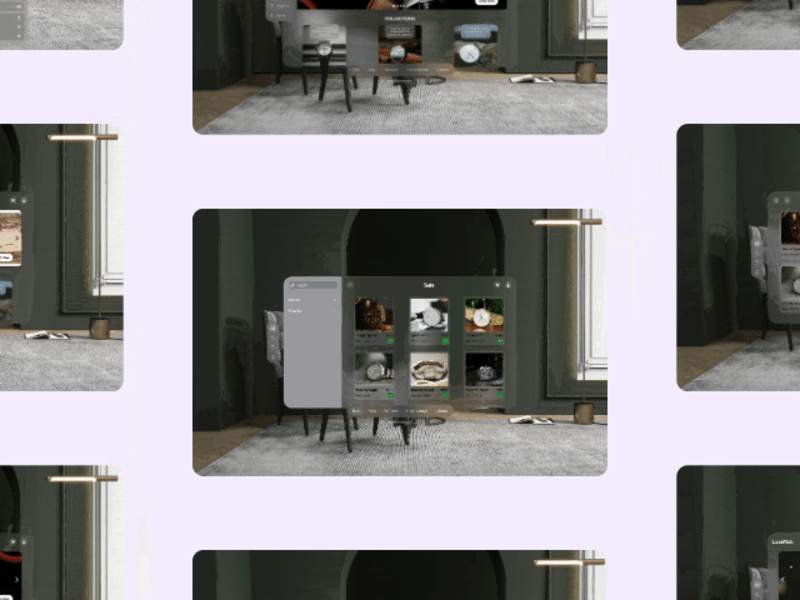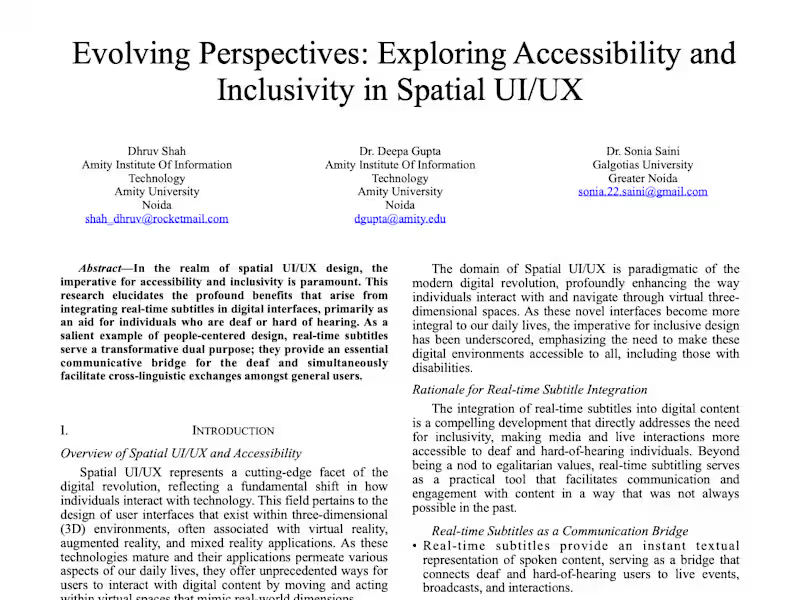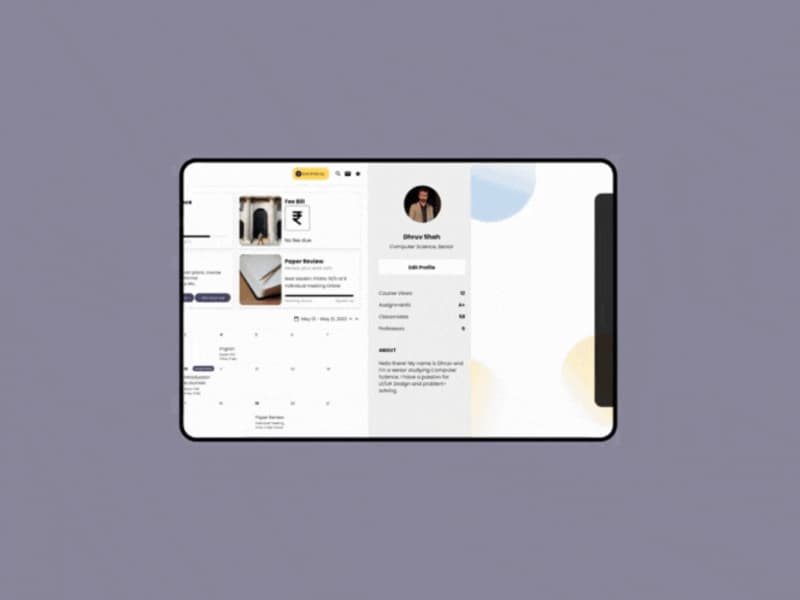How can I determine the right type of research expertise needed for my project?
Start by identifying the main goals and needs of your project. Think about what kind of information or data you need. Do you need someone who can dig deep into a specific topic, or someone who can gather lots of different information quickly? Knowing this will help you find a researcher with the right skills.
What’s the best way to write a clear project brief for my researcher?
Keep your project brief simple and clear. Make sure it explains what you need researched and why it's important to you. Include details like the topic, type of data or reports you want, and any special tools or methods you expect the researcher to use. A well-written brief can help the researcher understand your project better and deliver great work.
How should I set timelines for research deliverables?
Decide when you need the research finished and work backward from there. Think about how long it might take to gather information and analyze it. It's good to break the project into smaller parts and set deadlines for each part. This helps you keep track of progress and see if everything is on schedule.
What should I discuss during the first meeting with my researcher?
Use the first meeting to explain your project clearly. Discuss your goals, deadlines, and any important details from your project brief. This is also a great time to answer any questions the researcher might have. Getting on the same page early can help the project run smoothly.
How can I monitor the progress of my research project?
Set regular check-ins with your researcher to talk about what’s been done and what’s next. You can also ask for updates via email or chat to see the progress in real-time. Keep open communication so you can both adjust if needed, making sure the project stays on track.
What's the best way to review and provide feedback on research findings?
Review the research findings carefully and compare them to your project goals. Check if the researcher answered all your questions and if the information is clear and useful. Be honest and constructive in your feedback, pointing out what you liked and what could be better. Good feedback helps improve the final outcome.
How do I decide on the right communication channels with my researcher?
Think about which ways you like to communicate and ask your researcher what works best for them. Many people use emails or video calls for regular updates, but instant messaging can be useful for quick questions. Choosing the right channels helps make sure communication is smooth and everyone stays informed.
Why is it important to have a mutual understanding of project expectations?
Having a shared understanding of what the project involves makes it easier for everyone to work together. It helps avoid misunderstandings and keeps the project on the right path. Both you and the researcher will know what to expect, which makes the work more efficient and successful.
Who is Contra for?
Contra is designed for both freelancers (referred to as "independents") and clients. Freelancers can showcase their work, connect with clients, and manage projects commission-free. Clients can discover and hire top freelance talent for their projects.
What is the vision of Contra?
Contra aims to revolutionize the world of work by providing an all-in-one platform that empowers freelancers and clients to connect and collaborate seamlessly, eliminating traditional barriers and commission fees.





































